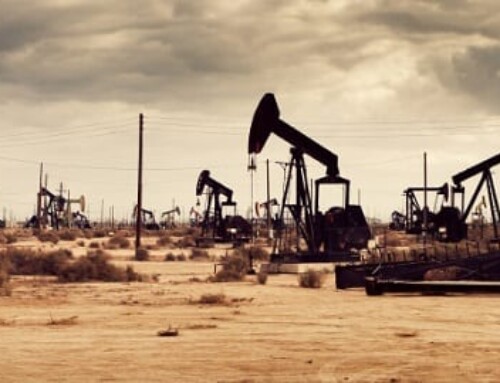Landlords of rental property have many other responsibilities besides collecting the rent check. Some of those obligations include paying all bills for the property and keeping the building and property well-maintained. According to experienced accident lawyers, hazards left unattended can create avoidable risks that could leave property owners responsible for any resulting accidents.
Responsibilities – Tenant and Landlord
Lawyers who handle accident claims report that anything that is the responsibility of either the tenant or the landlord regarding property maintenance and repairs should be explicitly written into the leasing agreement. This ensures there will be no questions as to which party is responsible for what, including resulting accidents that could happen if such obligations are ignored.
Tenants are normally responsible for keeping the rented spaces clean and adhering to stated safety rules. They should notify landlords of any issues that need attention and should be taken care of before an accident happens.
In comparison, the responsibilities of a landlord are much greater. As accident lawyers remind us, the landlord is required to maintain the property to keep it safe and up to rental standards. Part of that responsibility is to see that bills related to the premises are paid and insurance coverage is current to name a few landlord duties.
Property Maintenance and Repair
Whether a rental property is a home, storefront, warehouse, or office building, accident lawyers advise that a landlord must maintain the building’s structural integrity and keep it in good repair. Failure to do so is a breach of the rental contract and could leave that property unsafe: consider the following list of a landlord’s responsibilities:
-
Regular Maintenance – Routine maintenance includes anything required for regular use of the building, such as: snow plowing, shoveling, and salting in bad weather; inspection and maintenance of HVAC systems; replacement of worn items such as carpeting, flooring, and even light bulbs in common areas; painting and cleaning; and keeping the building in good repair for the sake of function and appearance.
-
Code Compliance – Part of routine maintenance is keeping a building up-to-date with all applicable safety codes. Accident lawyers advise that this is done by having working safety devices in place, such as smoke and carbon monoxide detectors as well as fire extinguishers, all regularly checked and/or replaced. It is also important to monitor for potential dangers and health concerns, such as gas leaks, mold build-up, slippery floors, poor stairwell lighting, and other problems that could be harmful to someone in the building.
-
Timely Repairs – Once a problem is discovered by landlord or tenant, it should be immediately handled – ignoring issues is asking for trouble. If any building occupant is harmed because of something the landlord knew about and didn’t handle could create a liability situation and leave the property owner responsible for resulting damages. In the case of a safety violation or breach of rental contract, affected parties may need to retain the services of experienced accident lawyers to recover incurred damages.
Landlords and owners must understand that safety on the premises of an owned building is their responsibility. Accident lawyers advise that the best way to avoid legal issues with tenants is be sure that the property is well maintained and up to code – this is the only way to avoid costly lawsuits!
Related Articles:
Where Do Slip and Fall Accidents Typically Happen?
Understanding Injuries and Premises Liability!
Settling A Personal Injury Claim – Long Term Injuries




